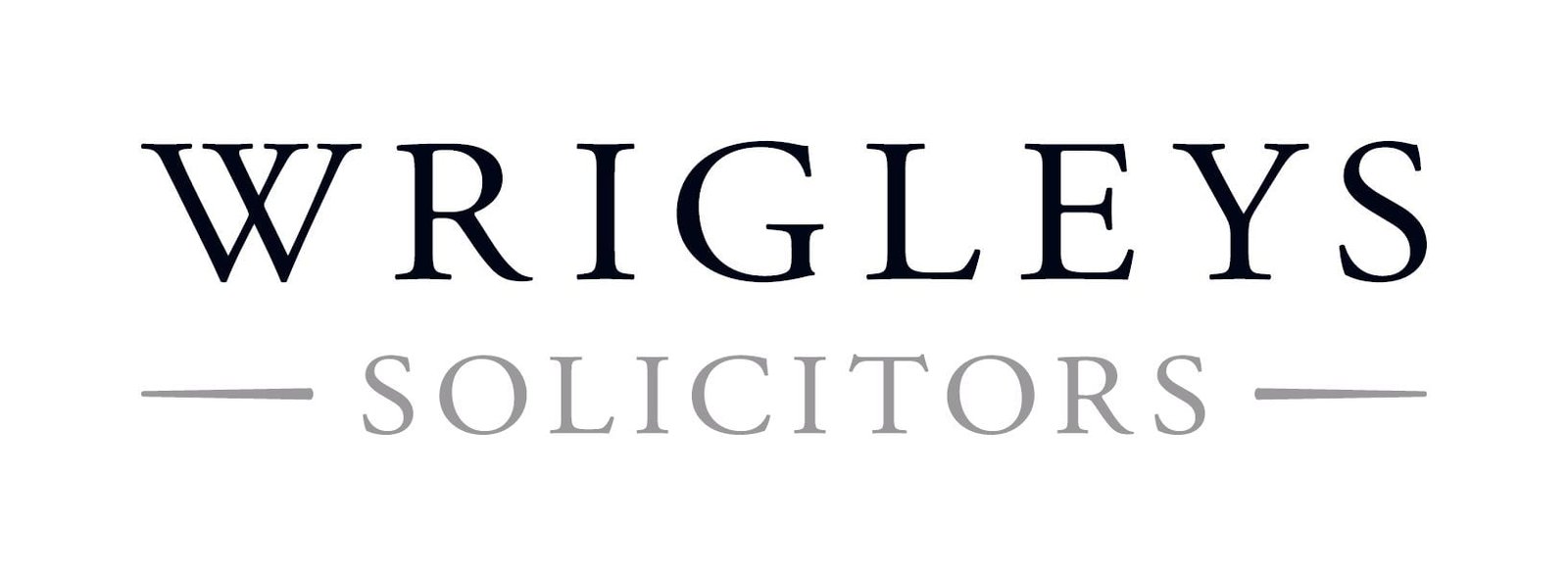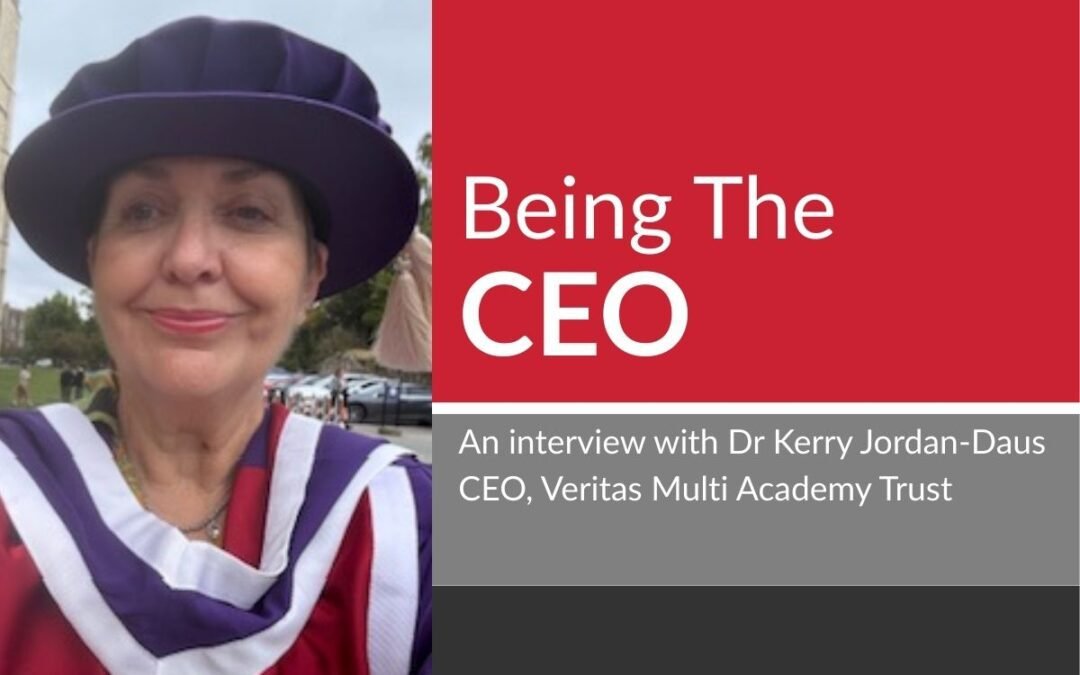
“We’re not waiting five, 10, 20 years to take the action we want to see. We’re not the future of the world, we’re the present, we’re acting now. We’re not waiting any longer.” So said Salvador Gomez-Colon, a teenage delegate at the meeting of the World Economic Forum 2020, in response to natural disasters.
Meanwhile, UNESCO’s ‘Education for Sustainable Development’ sets a goal of 2030 for the personal and social changes needed to transform the fortunes of planet Earth. The UK government has also legislated to meet net zero by 2050 with the Department for Education (“DfE”) intending to develop an international climate leaders award by 2027. Academy trusts have empowered their children and young people, and the challenge from all quarters (pupils, parents, regulators and legislation) is for trusts to demonstrate their environmental and social responsibility credentials and fully embed them into their values, plans and policies. The focus for the next few years is therefore on trust leaders owning their environmental and social impact and seizing the opportunity to make a difference. As trusts continue to grow, driven by their own vision and the DfE ambition for all schools to be in strong trusts by 2030, this focus must take centre stage in recognition of their impact, the leadership position of trust leaders and applicable legal responsibilities.
“the challenge from all quarters (pupils, parents, regulators and legislation) is for trusts to demonstrate their environmental and social responsibility credentials and fully embed them into their values, plans and policies”
To this end, the Companies Act 2006 requires larger companies (with more than 250 employees) to explain how they have fulfilled their duty in their annual report. The duty states that a director must act in a way that they consider, in good faith, would be most likely to promote the success of the company for the benefit of its shareholders or members. When making decisions, directors must also consider the likely consequences for various stakeholders including employees, suppliers, customers and communities. They should also consider the impact on the environment, the reputation of the company, the company’s success in the longer term and its shareholders.
Wrigleys Solicitors are commercial partners to Forum Strategy as part of a ‘paid-for partnership’ they have with us. In selecting our partners, we also do so with strong reference to their expertise in their field and commitment to Forum Strategy’s values and ethos.


